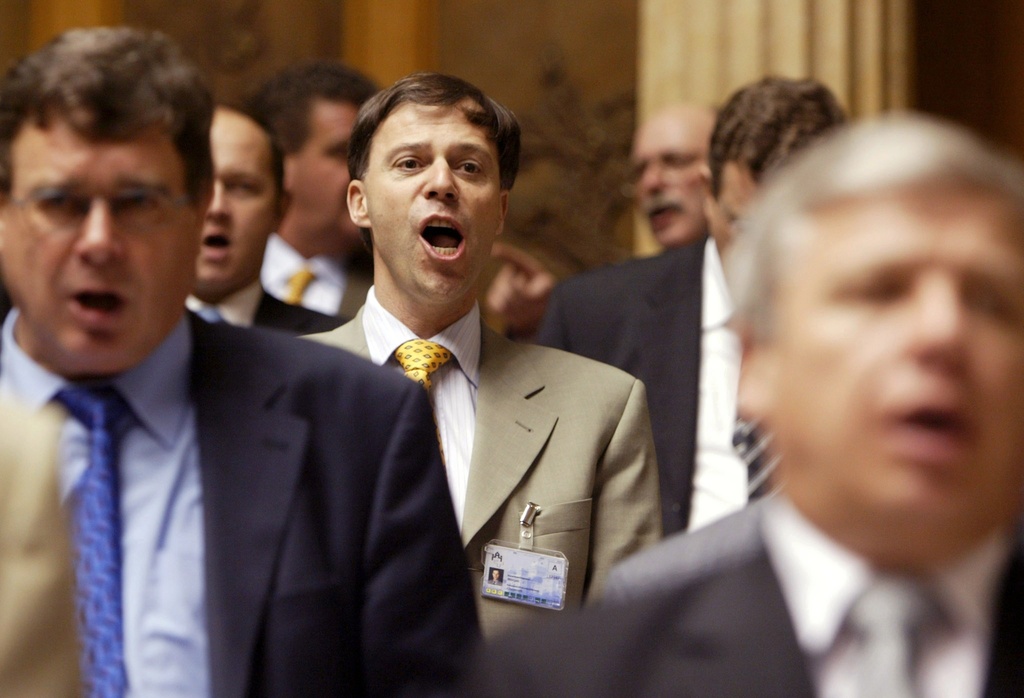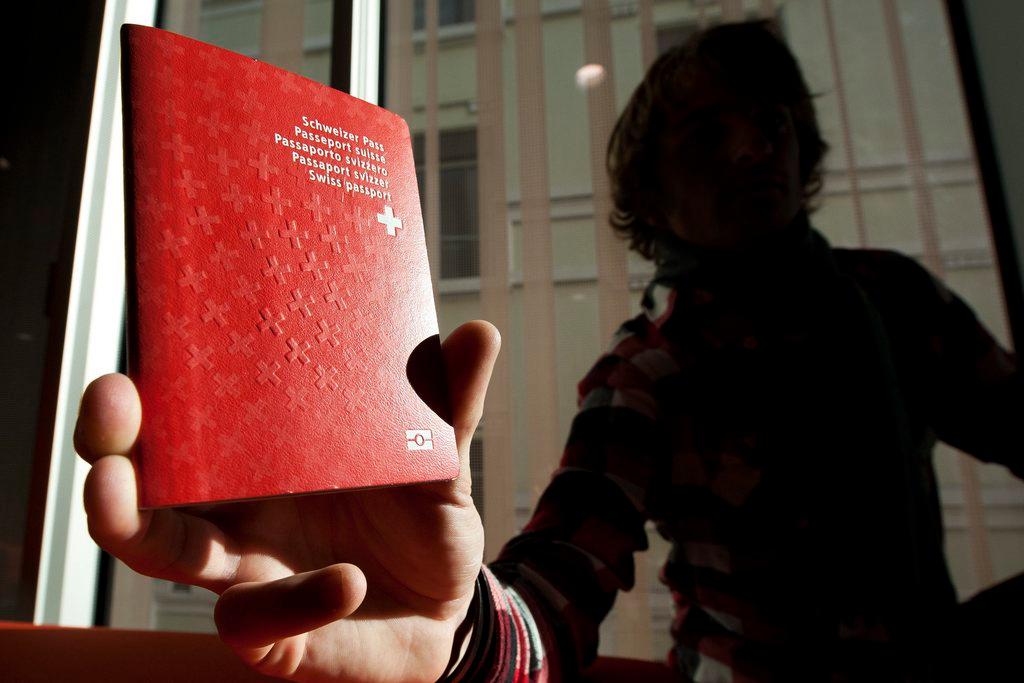Some Swiss municipalities ignoring National Day

A truly ‘national’ holiday? According to a survey by the Swiss Association of of Communes, one in eight municipalities across the country are not organising celebrations for National Day this August 1.
Most parts of the country will see the usual festivities go ahead: speeches, singing, bonfires, the national anthem and, of course, the fireworks. However, thirteen percent of communes, the surveyExternal link found, will not organize an official celebration.
The reasons are various: for one, the timing of National Day – falling in peak holiday season – dictates that numbers are increasingly hard to attract, particularly for small communes.
Almost two-fifths of Switzerland’s 2,255 communes have populations under 1,000 people, according to 2015 statistics.
Some communes also note that there are not enough volunteers to make the evening possible: those who help to assemble equipment, direct the crowds, and serve food and drinks, if available.
In Hundwil, in canton Appenzell Ausser Rhoden, there is no longer a National Day celebration. “Interest has diminished”, explains mayor Margrit Müller. Many people prefer to go to the mountains or celebrate with their families, and it is more and more difficult to find people to help with the organization.
Celebrations were also cancelled in Nidau, in canton Bern, for the simple reason of lack of participants: the decision which ultimately inspired the Swiss Association of Communes to launch their nationwide survey.
Still evolving
Of course, communes are adapting, and for many it is business as usual. In 79% of cases, according to the survey, Swiss communes have left the budget for the celebrations unchanged this year, and a small amount (4%) have even increased.
For those communes too small to go it alone, some have adapted by joining forces with neighbouring municipalities to organize a joint celebration. Still others have adapted by using budgets to “outsource” the organisation to a professional firm, a more and more frequent practice.
In Geneva, the celebrations this year will be run jointly with the community of Benin, whose national day also falls on August 1. A way to broaden the appeal, but not without controversy: nationalist groups such as Helvetia Helvetia have criticised.
The National Day was established in 1891, to commemorate what is seen as Switzerland’s founding moment 600 years earlier, when an oath of mutual protection was taken by representatives of three central Swiss cantons on the Rütli meadow near Lake Lucerne.
For decades after that, the national day, however, was just an ordinary holiday and only some cantons declared the afternoon or the whole day as an official national holiday. A popular vote – with 83.3% approval – in 1993 made the event an official national holiday.
The day mainly sees family lunches and gatherings, as well as speeches and whistle-stop tours by Swiss politicians, some of whom speak at several events over the course of the afternoon and evening.
swissinfo.ch/dos with input from Max Akermann, SRF

In compliance with the JTI standards
More: SWI swissinfo.ch certified by the Journalism Trust Initiative











You can find an overview of ongoing debates with our journalists here . Please join us!
If you want to start a conversation about a topic raised in this article or want to report factual errors, email us at english@swissinfo.ch.